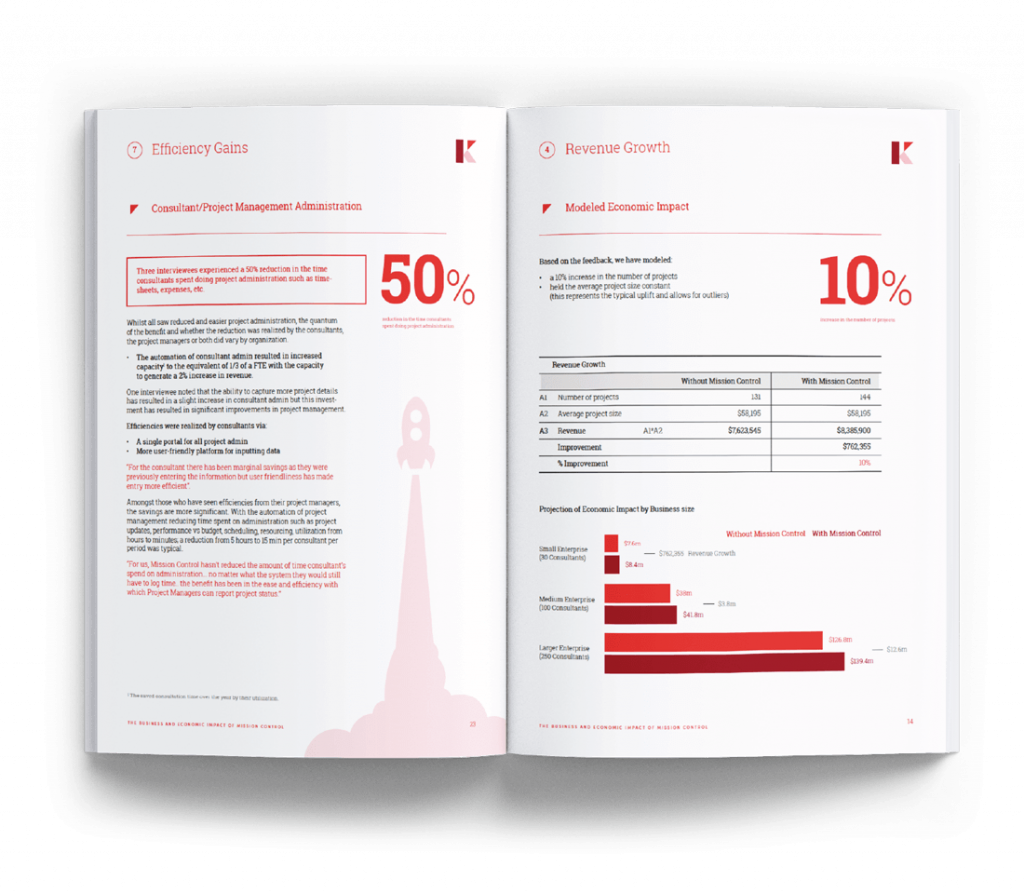Unveiling the Essence of Risk Management: Best Practices for Project Success
In the dynamic landscape of project management, the ability to navigate uncertainties and challenges is paramount. This is where the art and science of risk management come into play. In this article, we’ll explore the best practices in risk management that can serve as guiding principles for project managers and teams striving for success.
Understanding the Fundamentals of Risk Management
1. Define Risk Management:
At its core, risk management is the process of identifying, assessing, and mitigating potential risks that could impact project objectives. It’s not merely a reactive strategy but a proactive approach to anticipate and address uncertainties.
2. Types of Risks:
Risks come in various forms, including technical, organizational, and external factors. Understanding these different categories sets the foundation for effective risk management.
Risk Management Best Practices
3. Early Identification and Assessment:
The sooner risks are identified, the better. Early detection allows for timely response and reduces the likelihood of risks escalating. Techniques such as brainstorming sessions and risk workshops can aid in this process.
4. Engage Stakeholders:
Stakeholders play a pivotal role in the success of any project. Involving them in the risk management process ensures a comprehensive perspective and fosters a collaborative approach to addressing potential challenges.
5. Comprehensive Risk Register:
A well-maintained risk register is a cornerstone of effective risk management. This document should capture all identified risks, their potential impacts, and the strategies in place to address them.
6. Prioritization:
Not all risks are created equal. Prioritizing risks helps focus attention and resources on the most critical issues. Tools like probability-impact matrices assist in categorizing risks based on their likelihood and potential impact.
7. Risk Response Planning:
Each identified risk requires a tailored response plan. Whether it’s avoiding the risk, mitigating its impact, transferring it to a third party, or accepting it, a proactive strategy is key to minimizing the effects.
8. Continuous Monitoring and Review:
Risk management is not a one-time task; it’s an ongoing process. Regularly monitoring identified risks and adjusting strategies as needed ensures that the project stays on course despite the dynamic nature of uncertainties.
Real-world Examples and Case Studies
9. Highlight Successful Implementations:
Learning from the successes of others is a powerful way to refine one’s own approach. Case studies of organizations that have successfully implemented risk management best practices provide valuable insights and inspiration.
Challenges and How to Overcome Them
10. Common Challenges:
While risk management is crucial, it’s not without its challenges. Recognizing common hurdles, such as resistance to change or incomplete risk identification, is the first step in overcoming them.
11. Overcoming Challenges:
Overcoming challenges in risk management requires a combination of adaptability, clear communication, and a commitment to continuous improvement. Addressing challenges head-on ensures that the benefits of risk management are fully realized.
Conclusion
In conclusion, effective risk management is not a luxury but a necessity in the world of project management. By embracing these best practices, project managers and teams can proactively navigate uncertainties, enhance decision-making, and increase the likelihood of project success. As you embark on your next project journey, remember that risk management isn’t just a process—it’s a mindset that can transform challenges into opportunities.




